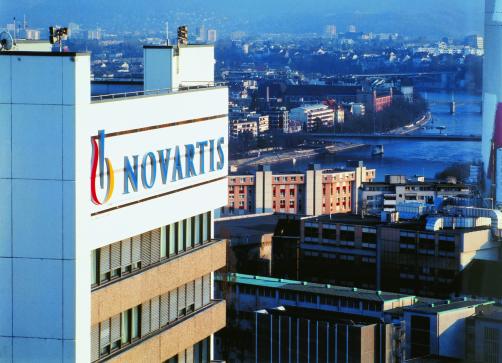
Novartis R&D warning
pharmafile | November 29, 2012 | News story | Research and Development, Sales and Marketing | NHS, Novartis. R&D, trials
Novartis has hit out at what it sees as the high cost of UK clinical trials, warning that business will seep abroad unless more incentives for firms to carry out more R&D here are introduced.
A report it commissioned – called The Economic Environment for Clinical R&D in the UK – suggested the cost of undertaking trials in the UK is ‘significantly’ higher than other European countries.
Europe Economics, which carried out the research, found UK trials are on average 70% more expensive than those in Poland and 30% dearer than in Germany.
The report also suggested that the scope for completing trials within the NHS and in the UK in general is under-exploited and recommended that pharma, the NHS, academia, regulators and government must help create a more attractive environment.
Some of Novartis’ suggested remedies revolve around tweaking existing incentives designed to help smooth the path for investors in life sciences.
The government’s Patent Box should be able to be utilised by companies exploiting intellectual property (IP) in the UK, and not just by those who register their IP here, Novartis said.
It also called for a review of R&D tax credits to ensure that companies who invest heavily in R&D “do not disproportionately lose out”, by a corresponding drop in corporation tax.
Many of these themes were also explored in a Novartis conference this week, Breaking Barriers: Maximising R&D Opportunities in the UK.
Although characterised as a ‘crisis meeting’ in some media reports, Novartis insisted to Pharmafile that the gathering was nothing of the sort, having been planned for ‘well over 12 months’.
However, it is true that Novartis was highlighting what it sees as a dismal picture: UK clinical trial applications have fallen 36% between 2004 and last year, while both costs and delays in putting them on have risen.
To improve enrolment in trials, the government should think about centralising them using what Novartis calls a regional hub and spoke model.
The company believes this could create efficiencies in specialisation and referral, with hubs becoming experts in delivering particular studies and local groups better-positioned to recruit patients.
Costs may also come down as the number of sites in the UK with whom companies have to negotiate is reduced, it adds. Novartis also believes the way money is allocated may be a barrier to incentivising investigators for R&D work.
“Many in the NHS appear to systematically treat trials as if they were a departure from the NHS’ core functions – a departure that needs to be compensated for with high charges,” the report says.
Novartis’ study found that the UK system is unique in demanding that 100% of money from trials goes directly to central Trust funds, with only a small percentage then distributed to the investigator’s unit.
In Spain, the proportion going direct to the investigator is 60-80% and in Poland 50-80%, and the company believes there needs to be a review of funding flows in the UK.
Adam Hill
Related Content

NICE recommends migraine treatment for NHS use
The National Institute for Health and Care Excellence (NICE) has shared draft guidance recommending AbbVie’s …

Novo Nordisk launches Wegovy in the UK
Novo Nordisk has today announced that Wegovy (semaglutide injection) is now available in the UK …

Bristol Myers Squibb’s Sotyktu recommended for NHS use for adult patients with psoriasis
Bristol Myers Squibb (BMS) has announced that the National Institute for Health and Care Excellence …








